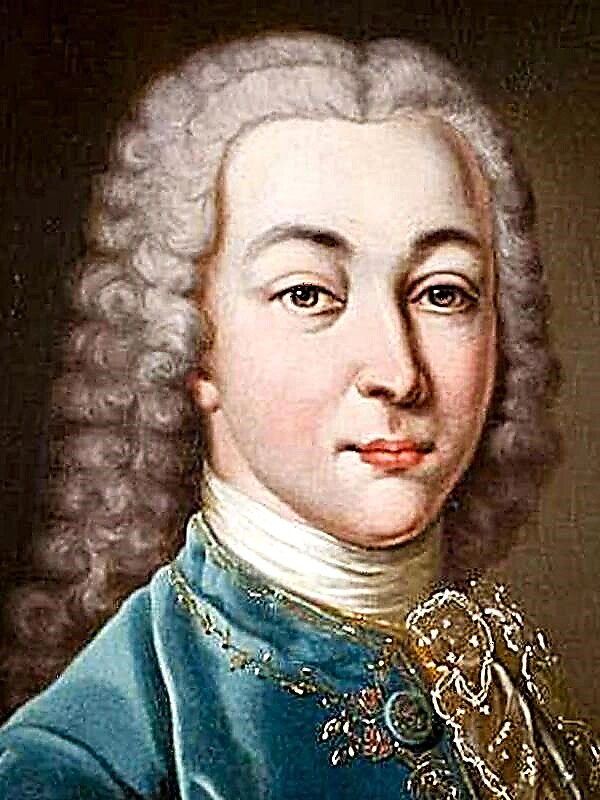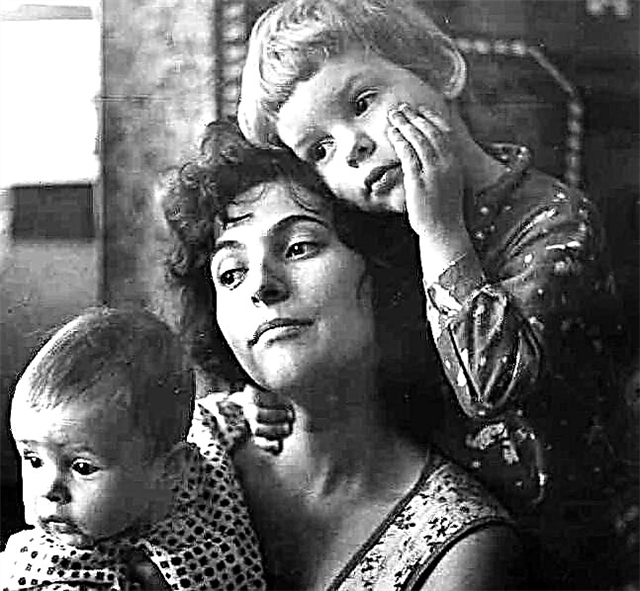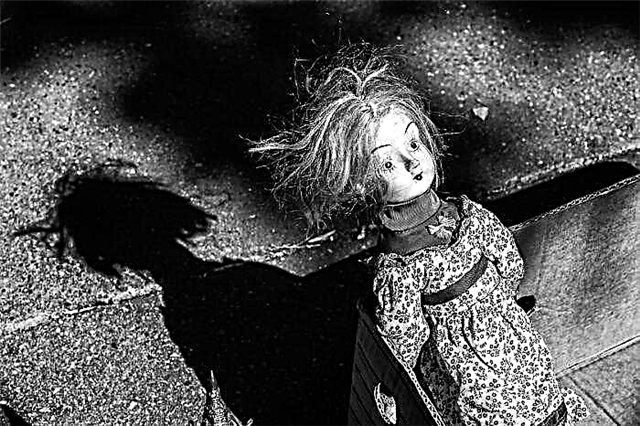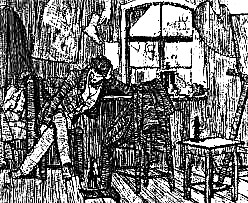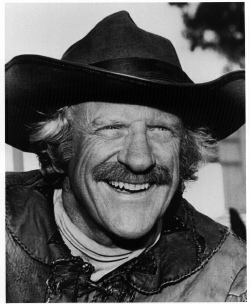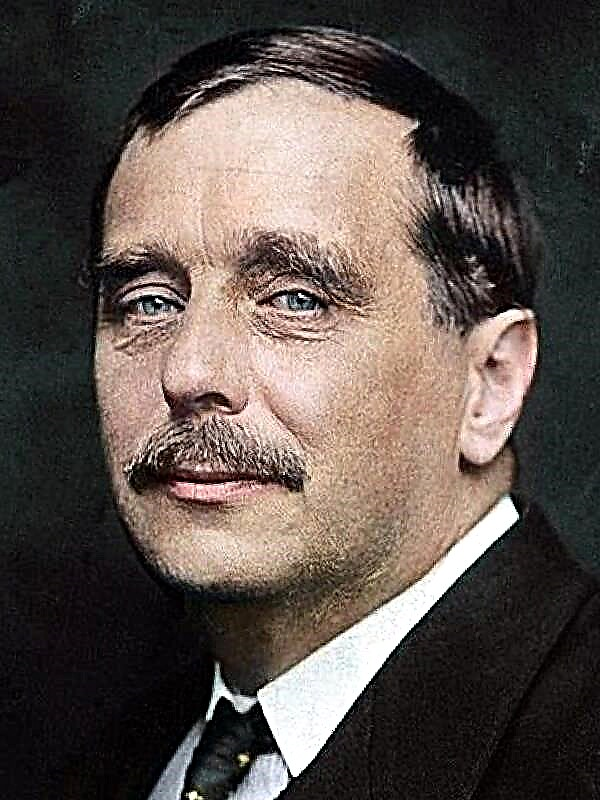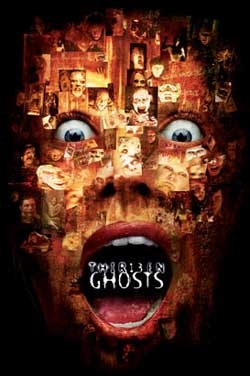At a certain moment in life, each person begins to torment the question of his purpose, the importance of the results of the work done for society. For creative people, this question is even more acute, because, becoming the idols of millions, they feel a special responsibility to readers. Mikhail Yuryevich Lermontov, who in his poem Poet presents his vision of the destiny of the poet and poetry, was no exception.
History of creation
The key stage in Lermontov’s creative life is the years 1837–39. At this time, he wrote the first significant work, which opened the doors to the light for him and formed a certain literary reputation around him - “The Death of the Poet”, dedicated to the death of Pushkin. After the literary success, the young poet has great hopes, which he proudly justifies by releasing his most famous works.
At the same time, Mikhail Yuryevich was looking for his destiny in poetic life, to which the poem "Poet", written in 1838, devotes.
Genre, direction and size
It is difficult to attribute this work to any genre affiliation: it can be considered as a message (appeal to a specific person or group of persons).
The poem refers to philosophical lyrics. He sets out his own opinion about the poet’s destiny, and everyone decides whether to agree with him or not.
Compositionally, the work is divided into two parts with a certain union at the end (the first consists of six quatrains, the second of five), written in a cross rhyme with alternating six-foot and four-foot iamba.
Images and Symbols
Two main characters appear in the work: a formidable dagger, rusting in dust, and a poet who has lost his destiny. They are compared by the author throughout the poem, showing their similar fate - to go into oblivion or hang on to fun without practical application.
Lermontov himself acts as a lyrical hero, discussing an important topic for him - the poet's destiny. What should he ideally be? Apparently, a dagger in action - smashing to death and possessing formidable beauty.
Themes and mood
- The purpose of the poet and poetry for society is the main theme in the poem "Poet" for Mikhail Yuryevich. The author shows that the influence of word masters on society and their importance is very high.
- He also continues the important thought for himself of contempt for the younger generation for indifference to everything that happens around.
- Lermontov is saddened by the fact that the dream of the true goal of poetic art becomes more unrealizable. The finale of the poem is a call for poetic awakening, because the power of poetry, like the power of a dagger, can immediately defeat.
Idea
The main idea of the poem is the loss by young poets of their true purpose. The thirties of the XIX century is a time when society is in stagnation, for young people there are no spiritual and moral ideals, Lermontov feels this and, as a true creator, does not accept what is happening.
The poem "Poet" is a protest to an inert society, in it the main idea about the high mission of the poet, the purpose of which is reduced to fighting stagnation of minds and the decline of high morals in society, is a red thread.
Means of artistic expression
The work is based on a detailed comparison: the poet and dagger are compared according to their intended purpose. The language of a true poet, like the tip of a working dagger, is capable of delivering precise blows to problems of society. However, a dormant blade and a bribe, indifferent, or empty-headed rhyming machine perform only a decorative function.
The poem also used a large number of epithets (a dagger - golden, reliable, mysterious, abandoned, inglorious and harmless). Poet - noble thoughts, ridiculed prophet, simple and proud language. These means of expression contribute to a sharper perception of the concepts being compared.
In the finale of the work, Lermontov uses a metaphor, comparing the shabby world, hiding wrinkles under blush, with his time in which he lived and worked.
Other graphic means include alliteration (if he had a rich carving), inversion (he had served the rider in the mountains for many years) and rhetorical questions.

